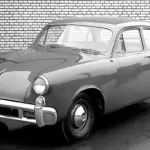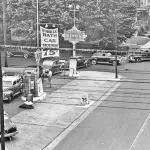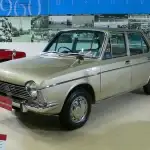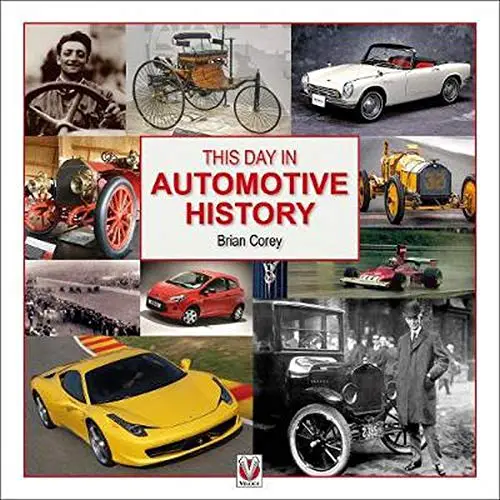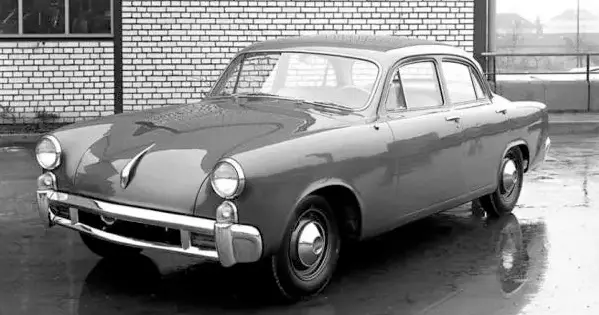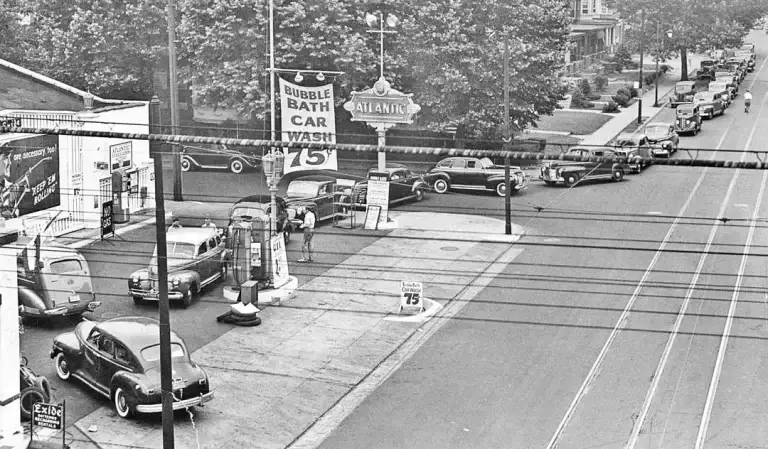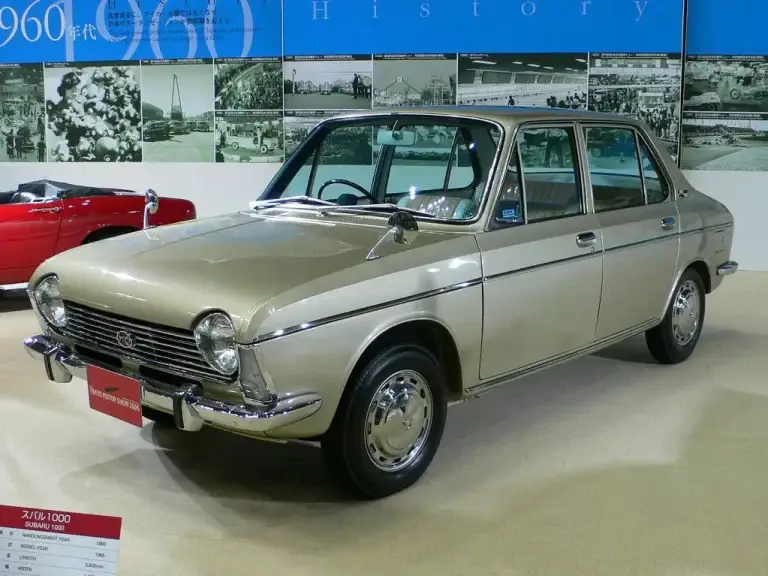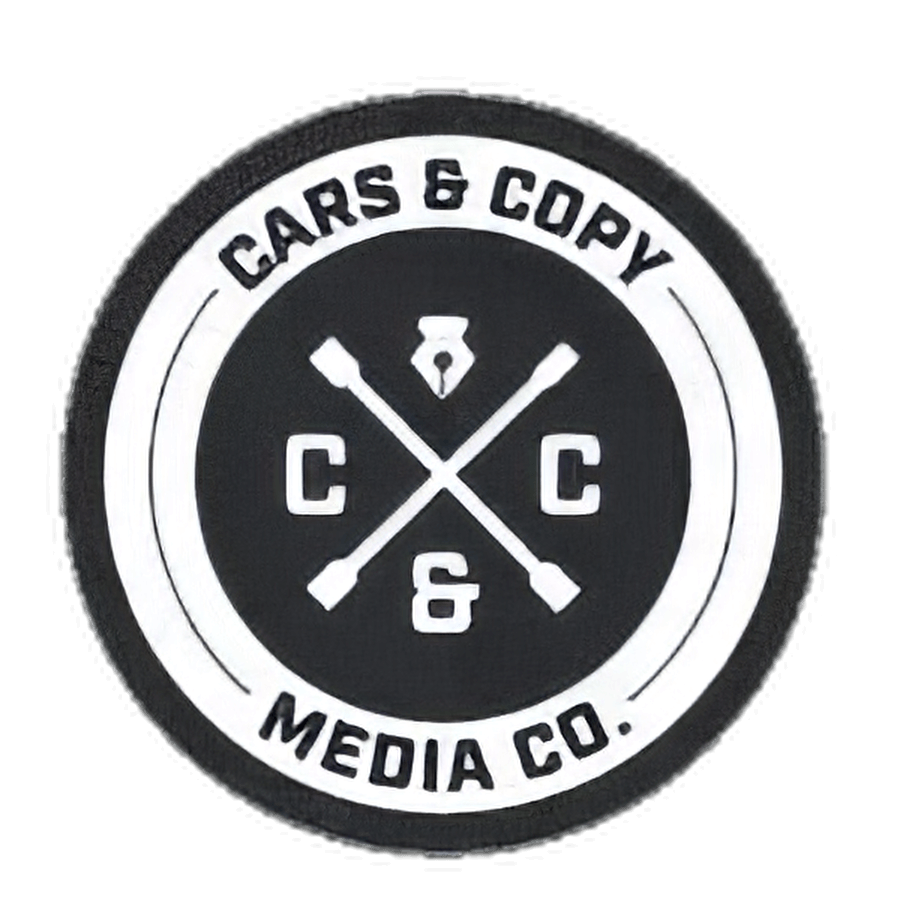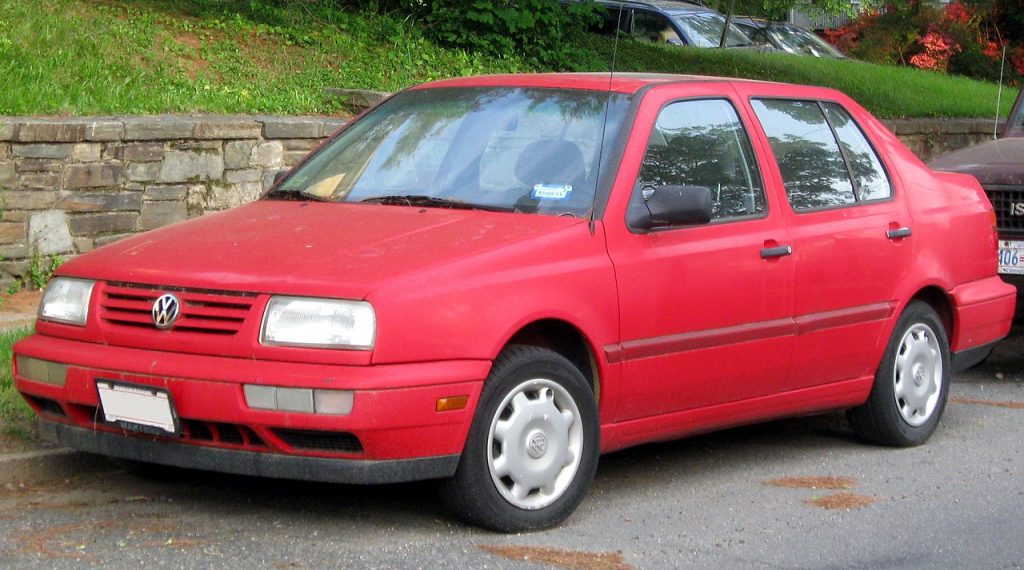
Volkswagen purchasing chief executive Jose Ignacio Lopez resigned on this day in 1996 amid charges of corporate espionage against General Motors. According to an November 30, 1996 LA Times article, “GM contends that Lopez and three of the seven GM executives he lured away to Volkswagen with him systematically stole boxes full of factory plans, component price lists, detailed new-car plans and other valuable documents and gave them to their new employer.” The following article originally appeared in the New York Times on Jan 10, 1997.
VW AGREES TO PAY G.M. $100 MILLION IN ESPIONAGE SUIT
Bringing to an end a four-year feud between two of the world’s largest companies, Volkswagen A.G. agreed to pay $100 million to the General Motors Corporation to settle accusations that VW stole trade secrets from G.M.
In the settlement, one of the largest in a corporate espionage case, Volkswagen also agreed to buy at least $1 billion worth of auto parts from the American company during the next seven years. Both companies also agreed to drop their civil suits against each other.
While not admitting any wrongdoing, VW said that it ”acknowledges the possibility that illegal activities” by some executives who defected from G.M. to VW may have occurred.
While the agreement means that both companies can go back to building cars rather than legal cases, the central figure in the case, Jose Ignacio Lopez de Arriortua, still faces criminal charges in Germany. And the Justice Department is still looking into the matter.
The $100 million payment is only a fraction of the $3 billion to $4 billion that G.M. is said to have demanded. And a G.M. spokesman said Volkswagen already buys about $300 million a year in parts from G.M., meaning that the pact does not require any extra purchases, though another G.M. official said the company had been canceling some of those contracts.

But some analysts said the dispute was never about money.
”It is more the feelings involved among top people at G.M. than it is the bucks,” said David B. Healy, an analyst with Burnham Securities.
Still, in its carefully worded statements on the pact, Volkswagen apparently did not give in to G.M.’s previous insistence that it explicitly apologize for the Lopez affair.
The feud began when Mr. Lopez, a charismatic Spaniard in the buttoned-down world of auto executives, left G.M. for VW in 1993, spurning a promotion offered by John F. Smith Jr., G.M.’s chief executive.
Mr. Lopez specialized in one of the most mundane parts of the auto business: managing the purchases of everything from seat belts to windshield wipers from suppliers. When G.M. was hemorrhaging money in the early 1990’s, he drastically reduced its purchasing costs by demanding that suppliers accept lower payments, and he was credited by some people with revolutionizing the way car makers bought auto parts.
When Mr. Lopez left to take a similar position at Volkswagen, seven of his lieutenants followed. But G.M. has said that is not all he took: G.M. filed a racketeering lawsuit in Federal court in Detroit against Volkswagen and the executives, accusing them of stealing thousands of pages of company documents full of trade secrets. The suit also named Volkswagen and its chief executive, Ferdinand Piech, and a board member, Jens Neumann.
Last month, prosecutors in Darmstadt, Germany, indicted Mr. Lopez and three of the executives he brought with him. But they did not name Volkswagen or its senior officials. Mr. Lopez and one of the other indicted executives resigned in November; the other two agreed to resign or take administrative leave by the end of January. G.M. had long demanded that Mr. Lopez resign.
The lawyer for Mr. Lopez, Plato Cacheris, said he had briefed Mr. Lopez on the settlement and that his client ”was very pleased that the case had been settled,” even though the accord would not end the criminal case.
But Mr. Cacheris said that he hoped the settlement would persuade the Justice Department to drop its investigation of the matter. ”I would hope that given the fact that these parties have settled, the Justice Department would see fit to terminate their investigation,” he said.
Mr. Lopez ”has always taken the position that he did not do anything that was improper,” Mr. Cacheris said.
Volkswagen, which is based in Wolfsburg, Germany, has denied that the company, its executives or its board members engaged in a conspiracy with Mr. Lopez. It has admitted receiving some G.M. material, but has said it never used the information.
Still, the Darmstadt indictment, combined with a succession of preliminary rulings against Volkswagen in the Detroit case, had put pressure on the German auto maker to settle. Additionally, G.M. felt pressure to settle because Volkswagen planned to file a 50-page countersuit in Detroit on Friday, accusing G.M. of defamation.
On-again off-again settlement talks had been held during the last several months, but hard-line remarks by G.M. executives in Europe, as well as VW’s refusal to issue an outright apology, fueled tensions between the two companies. Settlement talks began in earnest on Monday in Washington at the offices of Volkswagen’s lawyer, Robert S. Strauss of Akin, Gump, Strauss, Hauer & Feld.
The lead negotiator for General Motors was Thomas A. Gottschalk, its general counsel and senior vice president, who closely consulted with Mr. Smith and with John G. Smale, a leading G.M. board member, according to a person close to the talks.
Volkswagen’s negotiating team was led by Mr. Strauss and Mr. Neumann, who supervises Volkswagen’s United States operations and is a member of the board of management. They consulted with Klaus Liesen, chairman of the Volkswagen board of supervisors, and with Mr. Piech, the company’s chairman.
END OF ARTICLE: Although Lopez stated he never broke any laws, he was never extradited from Spain to face charges in the US.


